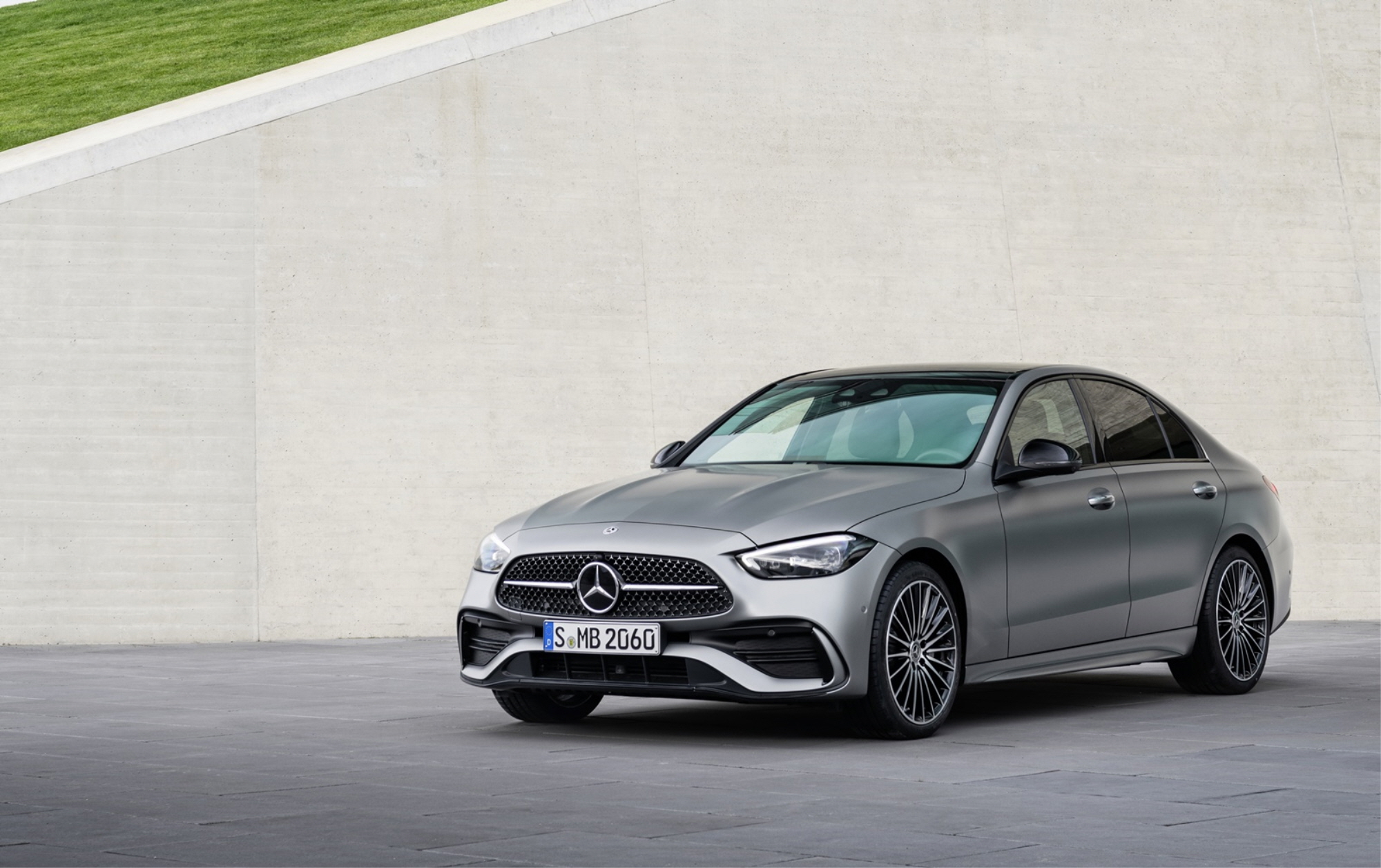
With interest rates rising dramatically, cries of despair can be heard from various sectors. The import car industry is in a state of paralysis due to high-interest rates. Most financing rates for imported cars have surpassed 10%. As potential buyers postpone new car purchases due to these high rates, foot traffic in showrooms has declined, and cancellations from contract customers are on the rise. The number of salespeople pursuing customers has also significantly reduced.
Mercedes-Benz, which topped import car sales last year, faces a paradox. Despite high sales numbers, there are also a considerable number of cancellations. A representative from a Benz showroom stated, “One in three contract agreements has been canceled.” Furthermore, they stressed, “Some salespeople are on a quasi-holiday due to high-interest rates, and there have arisen supply shortages for some models once again.”
Fortunately, brands like Benz that have financing subsidiaries can at least create low-interest financing options. Smaller importers without dedicated finance companies are in a more precarious situation. One example is Volvo. The capital company partnered with Volvo is Shinhan Card, which currently applies the highest interest rate of 15.37% based on the Automobile Financing Rate standard from the Credit Finance Association. This is why many Volvo customers are canceling their orders.
Although customers have waited a year, the interest rates have sharply increased since the time of their contracts. A representative from a Volvo showroom lamented, “One in five customers is canceling,” expressing frustration over the high-interest rates. They added, “As cancellations continue, we have some stock for models like the S90 available for immediate purchase.”
Stellantis’ Jeep is facing similar issues. A representative from a Jeep showroom mentioned, “Visitor numbers have significantly decreased due to high-interest rates,” adding, “Consumer sentiment has completely frozen.”
There is a prevailing expectation that the U.S. Federal Reserve will raise rates to as high as 5% in the first half of the year. This makes further rate increases in South Korea unavoidable, resulting in higher automobile financing rates. The automotive market is expected to face a prolonged drought due to high-interest rates.
Isang Jin daedusj@autodiary.kr
